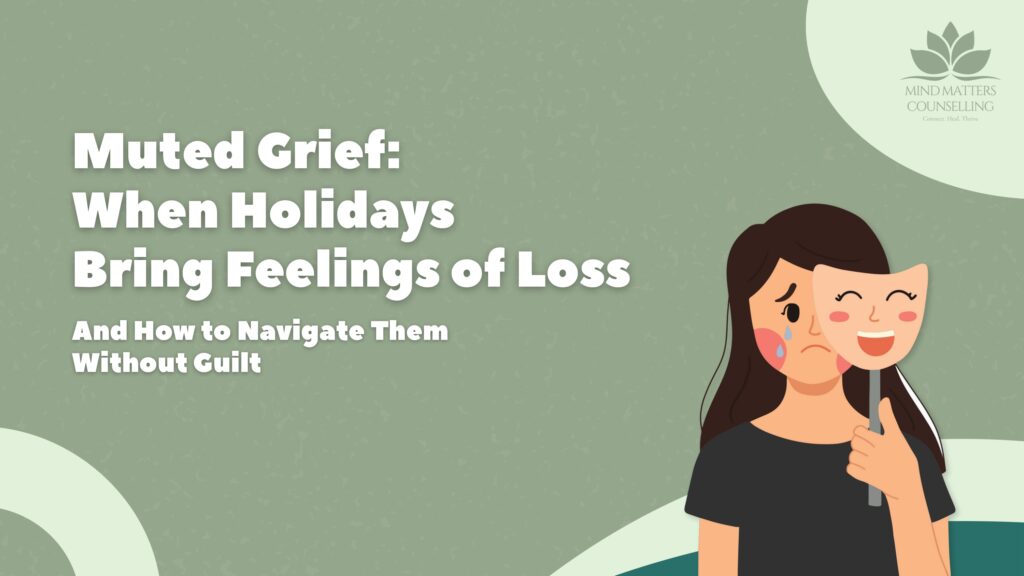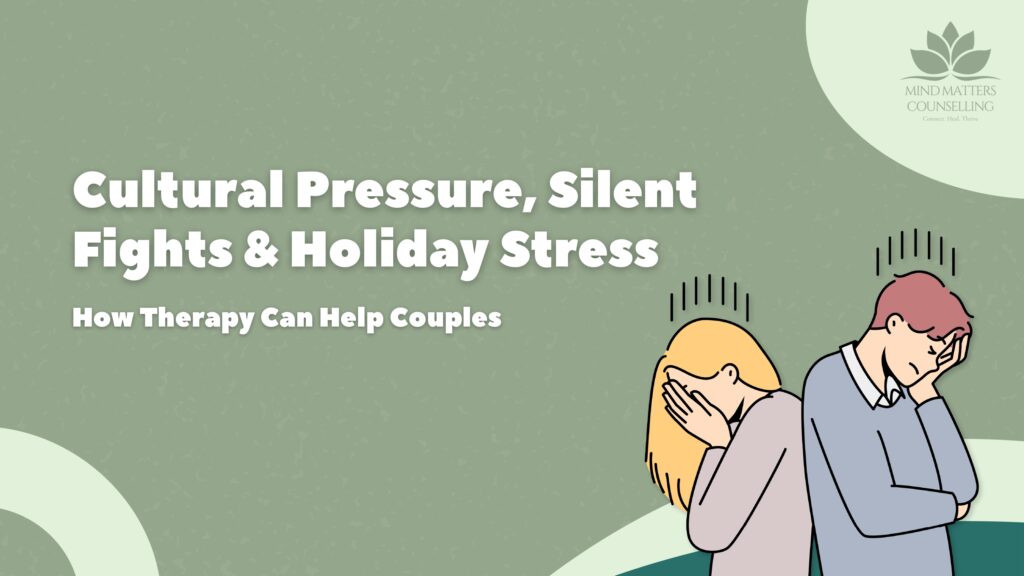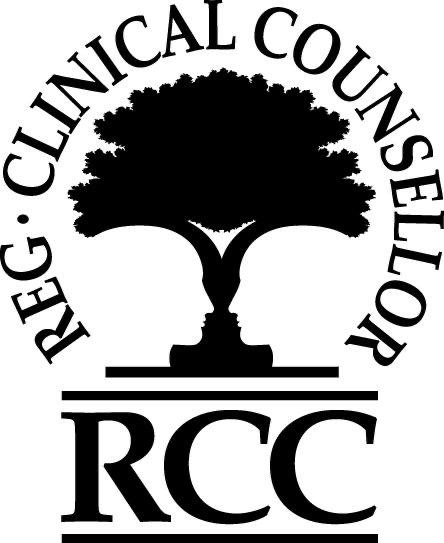Do you find yourself constantly thinking, you’ll rest after the next task or after your to-do list is all done. In simpler words, when you feel you have earned the rest.
But somehow, the list never ends — and neither does the unease that follows you when you finally stop.
If you’ve ever sat on the couch, exhausted but unable to truly relax, you’re not alone.
Many high-achieving, high-functioning yet exhausted individuals I work with in Burnaby, Vancouver, and New Westminster describe the same feeling: rest doesn’t feel safe.
They don’t just struggle with “emotional burnout”. They struggle with the fear and guilt of when they’re not doing it.
Productivity is a form of Protection
For many overachievers, constant productivity becomes more than a habit — it’s a nervous system survival strategy. Overfunctioning becomes the new normal, making you feel safe only when you do too much.
Your mind says you’re being efficient, but your body is running a quiet marathon under the surface.
From a nervous system perspective, this is often a fight-or-flight response in disguise. When your mind and body over the years has learned that slowing down can invite judgment, shame, or discomfort, constant doing becomes a way to stay safe. This tendency to over-function can also stem from a state of hyper-independence—the belief that “I can do it all myself” or “I don’t need anyone’s help.” It’s a protective pattern, even if it doesn’t always feel that way.
That drive to stay busy isn’t laziness resistance, it’s self-protection. It’s the body’s way of saying, “If I stay moving, I can avoid the feelings that come up when I stop.” It’s a way your nervous system has learnt to stay worthy.
Attachment Wounds Behind the Over-functioning
This pattern often has its deep roots in early attachment experiences. Maybe as a child, your worth was tied to achievement, helpfulness, or being the “good one.” Perhaps love and approval were given more freely when you were performing, achieving, or holding things together.
Over time, that becomes internalized: I’m only valuable when I’m doing something useful.
In adulthood, turning that into chronic drive — the constant need to be productive, responsive, and capable. But underneath that drive often lives an unspoken fear:
“If I rest, I’ll lose connection. If I stop, it won’t matter.”
Therapy helps you begin to unlearn that survival pattern — to meet the part of you that believes rest is unsafe, and slowly teach it that stillness doesn’t mean danger or disconnection.
How Therapy Helps You Reconnect With the Body’s Cues
In counselling for overachievers, a big part of the work is helping your body feel safe enough to slow down. This isn’t about forcing relaxation — it’s about rebuilding a relationship with your body’s cues.
Through nervous system regulation therapy in New Westminster, clients begin to notice subtle signals of fatigue, tension, or emotional overload before they reach burnout.
We use tools like grounding, mindful awareness, and parts work (IFS) to connect with the inner parts that drive the “doing.”
Instead of pushing harder, therapy helps you explore what happens when you pause — and to meet that discomfort with curiosity, not criticism.
It’s Not Laziness. It’s a Nervous System That Learned to Survive.
When clients begin to understand that their overproductivity is not a flaw but a response, something shifts. The body starts to trust that safety doesn’t only exist in motion. That you don’t have to earn rest. You deserve to feel safe in both movement and stillness.
5 Signs You Might Be Overfunctioning

1. You Can’t Relax Without Feeling Guilty
Even when your body is exhausted, your mind keeps racing — running through undone tasks or convincing you that rest must be earned. Stillness feels unsafe because your nervous system associates safety with movement, not calm.
2. You Step In Before Anyone Asks for Help
You notice when things might fall apart and immediately jump in to fix them — often before anyone asks. Taking on too much gives you a sense of control and worth, even when it leaves you depleted.
3. You Equate Worth With How Much You Do
Your value feels tied to your productivity, responsiveness, or achievements. When you slow down, you feel anxious or “useless,” as if your importance depends on constant doing.
4. You Struggle to Ask for or Accept Support
Letting others help feels uncomfortable — even threatening. Hyper-independence becomes a protective shield: “If I do everything myself, I can’t be disappointed or let down.”
5. You Feel Resentful, Yet Keep Pushing Through
You sense the burnout, frustration, and emotional fatigue, but keep showing up out of obligation or fear of being seen as unreliable. Beneath the resentment often lies a deeper longing — to be cared for without having to perform.
If This Resonates With You
If slowing down feels uncomfortable or if you’ve built a life of success but can’t seem to feel it, therapy can help.
At Mind Matters Counselling, we support high-functioning individuals, perfectionists, and people pleasers who want to feel grounded without losing their edge.
Reach out today to book a session with one of our anxiety therapists in Burnaby or New Westminster, and begin reconnecting with a gentler, safer rhythm of living.
👉 Book a session with Mind Matters Counselling







